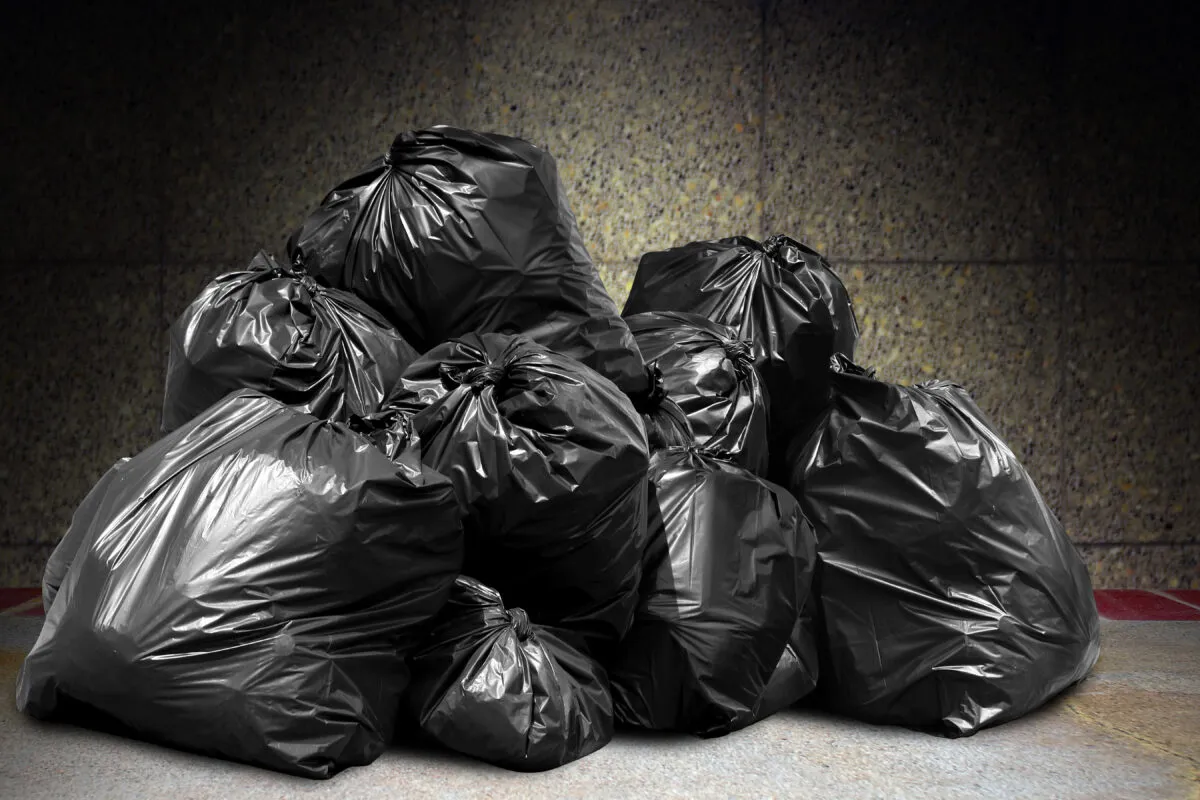The Sunday Sermonette: Worthless Trash.

Throughout history, many things were thought to be worthless, only to be deemed valuable at a later date. Some seemingly useless things helped change the world for the better, helped shine a new light on ages past, or filled our eyes with beauty. Let’s dig around in history’s trash bin for some worthless things.
“Ha! Throw that worthless trash on the floor!” Sargent Siberbauer said, his hatred barely contained, as a fellow policeman started emptying a briefcase of its contents. “The owner’s dead anyway. Fill the case with his valuables and his money.” The policeman did as ordered, and a myriad of handwritten notebooks and a small book hit the floor—a significant book.
“What’s all the commotion about?” a renowned Englishman in a wrinkled linen suit asked. “A step, you say? Under all that worthless trash from the ancient worker’s huts? Keep digging, I guess, but most likely it’s another false start.” The workmen did as instructed. Little did they realize where that step led.
“I’ve looked at that every day for years,” a ninety-year-old woman said, looking at the small, dirty painting hanging above her kitchen’s hotplate. “Where’d it come from,” asked a man helping the lady downsize and move into an assisted living home. “I have no idea,” she said with a wry smile. “Probably worthless.” But it wasn’t.
In each of these snippets of history, destiny intervened. The little book deemed worthless trash was “The Diary of Anne Frank.” To date, it has been published in more than 70 languages. When Anne sat in her hiding place and wrote about holding onto her ideals and dreaming of the day she could realize them, little could she have envisaged that 79 years later, her words would inspire thousands of young people to never give up and to strive to make the world a better place in which to live.
That single step hewed into the desert rock and covered by thousands of years of sand and worthless debris led to the most spectacular archaeological discovery of all time: the undiscovered tomb of the boy king, Tutankhamun. Its golden treasures made Howard Carter famous and gave the world a glimpse into the lost world of ancient Egypt.
“Sold for twenty-five million dollars!” said the amazed auctioneer, looking at the long-lost painting, Cimabue’s “Christ Mocked.” No one was more shocked than the little lady who thought the painting was worthless and planned to throw it into the trash had it not been sold at her estate sale.
In this game we call life, we, too, can feel worthless. You’re up to bat. You swing. You miss the ball over and over. Strikeout! And a feeling of worthlessness creeps in! That feeling can create distress, make it challenging to pursue your goals. It can conjure a sense that nothing you do is right. Or that none of your efforts will ever make a difference.
Perhaps an adverse childhood experience has left its lasting mark. Neglect, abuse, and maltreatment during childhood can all play a role in developing a feeling of worthlessness. Do you blame yourself for the adverse events in your life, whether they were due to your actions or not? People who do so are more likely to experience symptoms of depression, including worthlessness.
Have you been criticized by others in the past? If you’ve been laughed at, these past experiences can lead to additional feelings of worthiness. A severe setback such as financial problems, divorce, job loss, or losing a dear friend or relative can also lead to feelings of worthlessness; a trip to the trash pile appears to be the only answer. But it’s not!
Anne’s book, Tutankhamun’s gold, and Cimabue’s painting are priceless, earthly treasures. But they are worthless to Father God and His son, Jesus. However, you are not! In their eyes, you are priceless—not worthless—a pearl of great price, regardless of your faults and failures. You are worth more to them than all of earth’s treasures that moth and rust doth destroy.
The Good Book tells us that we are fearfully and wonderfully made. That doesn’t sound like we’re worthless to me. It also tells us to look at the birds. They don’t plant. They don’t harvest. Nor do they store food in barns. Why? Because Father God feeds them! Don’t you think you are far more valuable to Him than they are? Never forget—you are God’s masterpiece, worth more to Him than all the priceless treasures of earth.
Ponder this and go forth.
